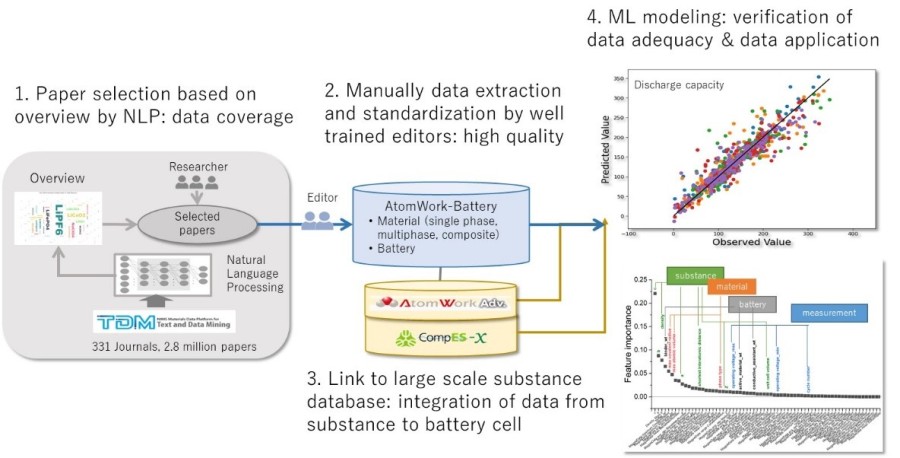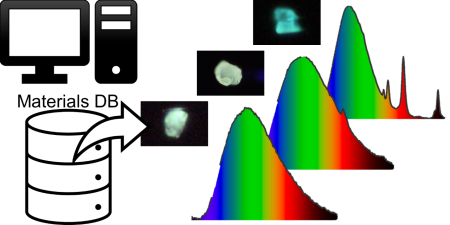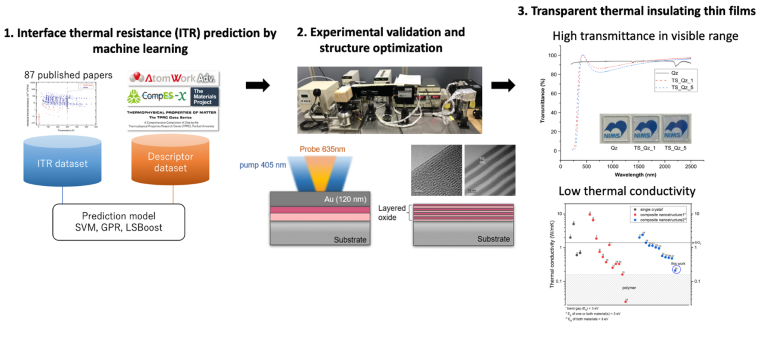Data-driven Inorganic Materials Group
Design and create innovative inorganic materials by building and utilizing materials big data
Natural science has developed from the laws of physics and chemistry found in experimental data. Materials Informatics (MI) is a research method that aims to shorten the time and reduce the cost of designing and developing new materials by maximizing the accumulation of past and future materials data and finding patterns and laws through artificial intelligence, using computer systems with data storage capabilities far beyond conventional recording media such as paper and data processing capabilities superior to those of humans. This research method aims to shorten the time and reduce the cost of designing and developing new materials by finding patterns and rules using artificial intelligence.
The group aims to design and create innovative inorganic materials by collecting data on chemical composition, crystal structure, microstructure, and properties of inorganic materials from literature, experiments, and calculations, and using MI methods to identify physical and chemical factors that govern material properties and functions.
Field of Expertise/Research Subjects
1. Construction of battery materials literature database and data-driven research


2. Exploration of inorganic materials by computational methods

The main focus is on low-dimensional systems and transition metal compounds, where first-principles-based electronic structure calculations are used to quantitatively predict electronic properties and search for materials exhibiting unique properties.
3. Data-driven research for the development of novel functional inorganic materials

Materials Informatics, a new approach to materials research that applies data science to materials science, is attracting attention. We are working on materials design and exploration of novel and highly functional inorganic materials through data-driven research that combines data science, experiments, and theoretical calculations.
4. Realization of high-performance inorganic composite insulation coatings through interface design using machine learning

Group Leader
Group Members
お問い合わせ窓口
National Institute for Materials Science
Center for Basic Research on Materials
Data-driven Inorganic Materials Group
XU Yibin
1-2-1 Sengen, Tsukuba, Ibaraki, 305-0047 JAPAN
E-Mail:XU.Yibin=nims.go.jp (Please change "=" to "@")


